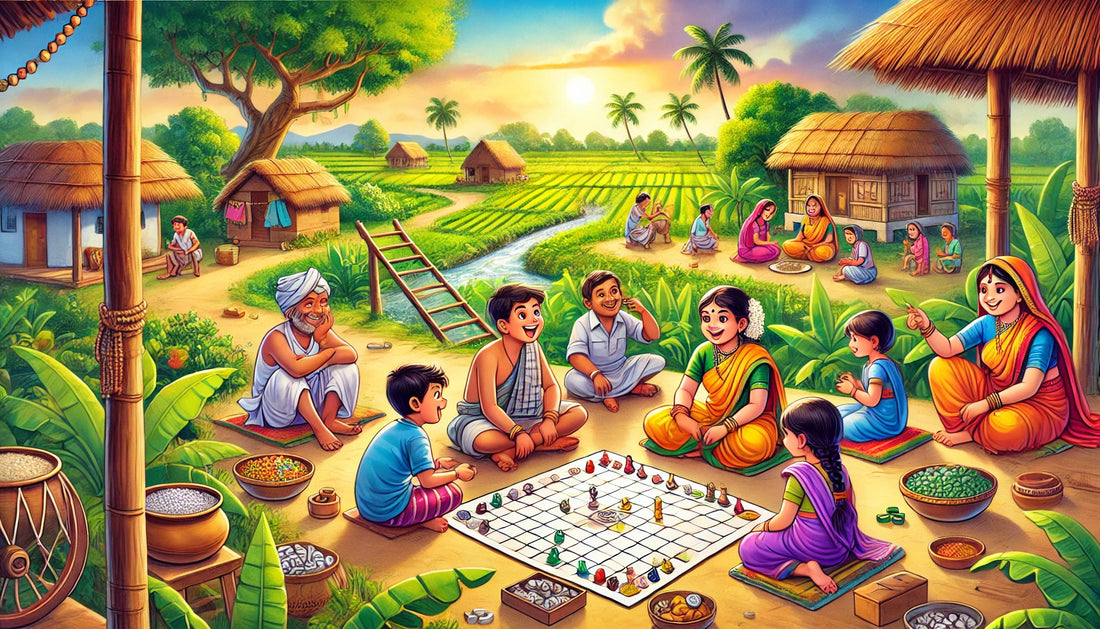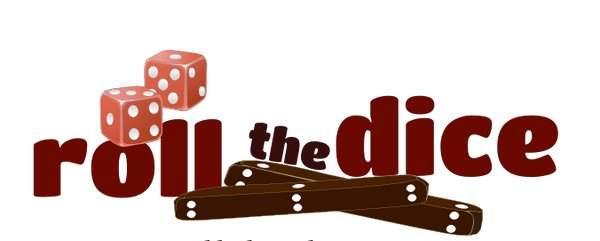
How Playing Indian Board Games Can Foster Family and Community Bonds
Share
Traditional Indian board games such as Chowka Bara, Navakankari, Aadu Huli, and Pagade have been integral to Indian culture for centuries. These games, deeply rooted in folklore, were once a common pastime in Indian households, fostering social cohesion and familial bonds. However, the advent of digital entertainment, including mobile games, videos, and movies, has led to a significant decline in their popularity.
Decline in Popularity
According to multiple studies and reports, the number of people engaging in traditional board games has decreased significantly in the last two decades. The rise of digital alternatives captivates younger generations more than ever before. Children and adults alike are now more inclined towards video games and streaming services, which offer immediate gratification and visual stimulation.
The Value of Traditional Board Games
Traditional board games are more than just a means of entertainment. They play a crucial role in developing various skills and promoting social well-being:
- Family Bonding: These games provide an excellent opportunity for family members to spend quality time together, thereby strengthening family bonds.
- Community Cohesion: Playing these games with neighbors and friends fosters a sense of community and shared cultural heritage.
- Cognitive Development: Games like Navakankari and Aadu Huli require strategic thinking and problem-solving skills, which are beneficial for cognitive development.
- Cultural Preservation: These games are a living link to our cultural past, preserving traditions and folklore for future generations.
Making It a Movement
Reviving traditional Indian board games can have a significant positive impact on society. Schools can integrate these games into their extracurricular activities, communities can organize game nights, and families can make a conscious effort to play these games regularly. This movement can help reconnect people with their cultural roots and promote a sense of unity and well-being.
Reviving traditional Indian board games is not just about nostalgia; it's about reconnecting with our roots and promoting social well-being. By encouraging more people to play these games, we can contribute to a happier and more cohesive society. Let's make playing traditional board games a movement and ensure that these cultural treasures are passed on to future generations.
